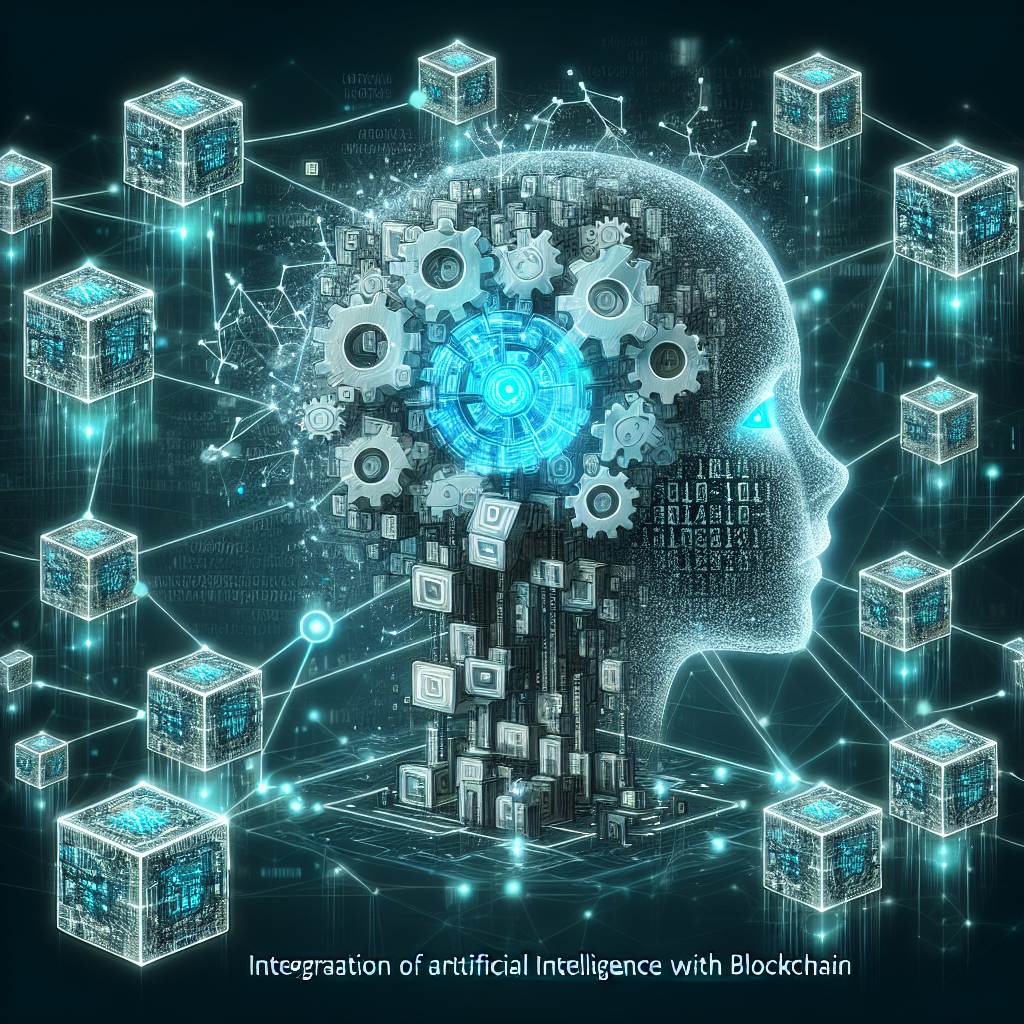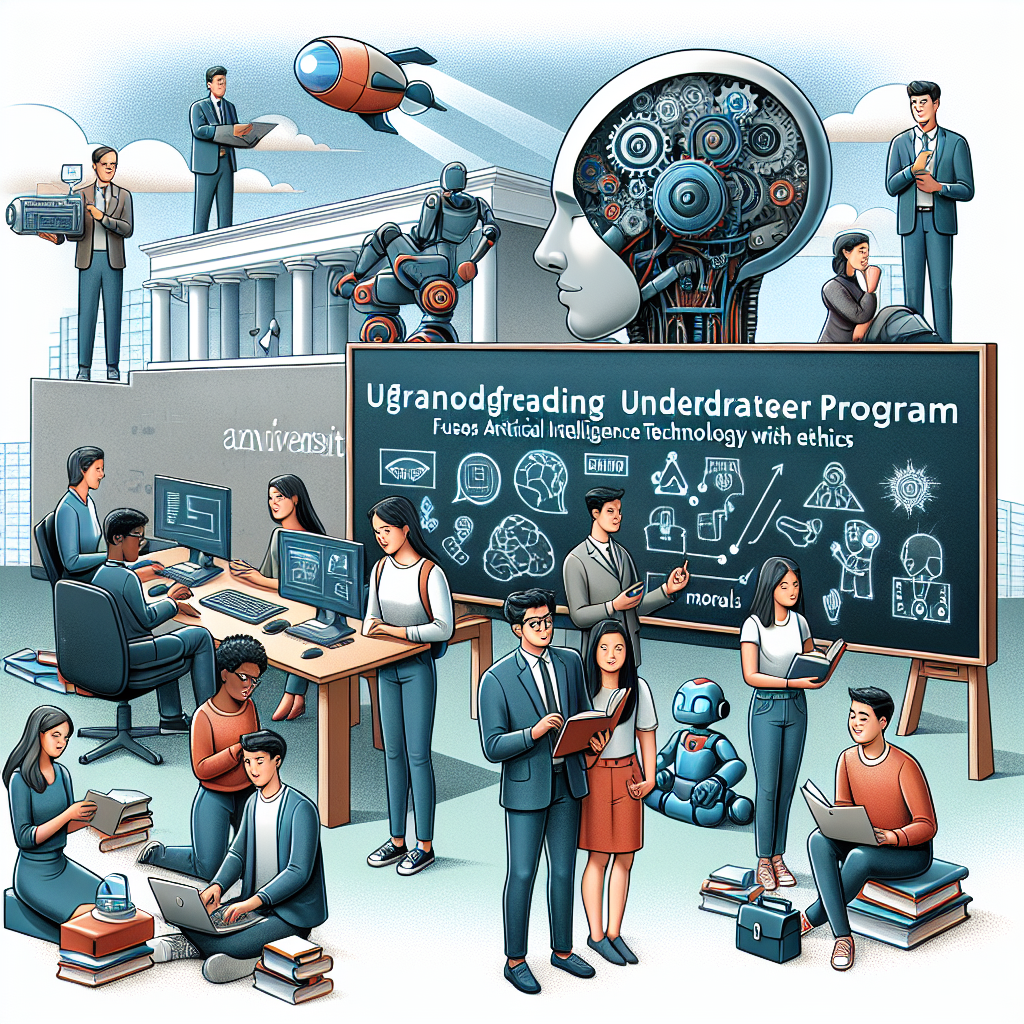Empowering the Future: A New Era of AI Education
As artificial intelligence (AI) continues to transform how we live, work, and interact, educational institutions have recognized the growing need for programs that don’t just teach technical skills but also prepare students to tackle AI’s broader social and ethical implications. The University of Wisconsin-Stevens Point (UWSP) is meeting that challenge head-on with its brand-new Bachelor of Science in Artificial Intelligence, launching in the fall semester.
This transformative undergraduate program is a pioneering step, not just for the campus but for the entire UW System—making UWSP the first university in the state to offer a bachelor’s degree dedicated solely to artificial intelligence. The program is part of a strategic move to integrate interdisciplinary learning, combining cutting-edge technical education with deep ethical reasoning and real-world application.
Why Artificial Intelligence? Why Now?
From healthcare and finance to agriculture and entertainment, AI is increasingly shaping industries and transforming job roles. According to industry reports, demand for AI professionals is projected to grow significantly over the next decade. Yet, many university programs have struggled to keep up with how quickly AI is evolving, often either focusing too heavily on the coding side or failing to address its ethical and societal dimensions.
UW-Stevens Point’s new program aims to bridge this gap by creating “AI-literate” graduates who are not only technologically competent but also socially conscious. The initiative stands out for its comprehensive approach—offering students a chance to develop both hard skills in machine learning and soft skills in ethics and problem-solving.
Program Highlights: A Dynamic, Interdisciplinary Curriculum
The AI bachelor’s program has been carefully crafted to provide students with both foundational and advanced knowledge in the field. Here’s a closer look at what sets it apart:
- Technical Proficiency: Students will engage in courses focused on programming, machine learning, natural language processing, robotics, and neural networks.
- Ethical and Responsible AI: An integral part of the curriculum, these courses teach students to critically assess the cultural, ethical, and societal impacts of AI technologies.
- Project-Based Learning: Real-world applications are baked into the learning experience, giving students the opportunity to solve actual problems using AI tools.
- Cross-Disciplinary Collaboration: The program is housed in the School of Computing and New Media Technologies (CNMT) but engages with departments such as philosophy, communication, and business to deliver a well-rounded perspective.
Meeting Industry Demands with Practical Experience
In addition to classroom instruction, UWSP’s program emphasizes experiential learning. Students will work closely with regional and national employers through internships, research projects, and collaborative initiatives. These strong industry ties are designed to help students seamlessly transition into AI-related careers after graduation.
Companies across Wisconsin and beyond are seeking employees who can apply AI solutions to challenges in varied fields, such as manufacturing optimization, environmental data analysis, and customer behavior prediction. By graduating with a degree that emphasizes both theoretical knowledge and practical experience, UWSP alumni will be well-prepared to meet this demand.
A Collaborative Effort: Shaping Ethical AI Creators
Artificial intelligence is not developed in a vacuum; it interacts with human values, biases, and environments. Recognizing this, the new program places strong emphasis on responsible AI development. Students are encouraged to ask tough questions like, “Who does this algorithm serve?” and “How are data privacy and fairness ensured?”
Such questions form the backbone of a curriculum that aims to produce not just engineers but AI practitioners who are accountable and forward-thinking.
Student-Centered Design with Greater Flexibility
Another unique aspect of the program is its flexible approach to learning. Students will have options to tailor their educational paths through:
- Specialized electives in fields like health informatics, environmental AI, and financial modeling.
- Capstone projects focused on solving community-based problems using artificial intelligence.
- Opportunities to co-author research with faculty and submit to national AI conferences.
This adaptability ensures that students can align their studies with career goals or academic interests while building a strong foundational expertise in AI.
A Transformative Degree for a Transformational Technology
The University of Wisconsin-Stevens Point is not only launching a new undergraduate degree—it’s pioneering a new mindset in how we approach technological education. As AI continues to evolve, so too must the ways we prepare the next generation of thinkers, developers, and leaders.
Through a combination of rigorous technical training and a strong ethical framework, UWSP’s Bachelor of Science in Artificial Intelligence is equipping students with the tools they need to excel in one of the fastest-growing career fields—while making sure they do so responsibly.
Whether you’re a high school student passionate about AI, a transfer student looking to join an innovative program, or an educator seeking to recommend a pathway with massive future potential, this degree marks an important milestone in Wisconsin’s commitment to staying at the forefront of AI education.
The future of AI is here—and it starts at UW-Stevens Point.



Leave a Reply